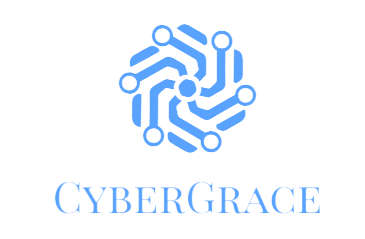As more and more people rely on the internet and other digital technologies for their everyday lives, the importance of cyber security becomes more evident and more evident. Over the past few years, companies large and small have fallen prey to hackers, and even private citizens have been trolled with random cyberattacks.
And the worst part? You don’t really know what an attack on your computer looks like until after it’s been hit. Yes, there are various ways for you to protect yourself from an attack, but when a hacker does slip through the firewall, what else can you do?
Simple: address the vulnerabilities of your system and fix it. Remember that your computer logs pretty much everything that happens in its system, and when a computer is attacked, these logs become vital in providing you with a better defense in the future.
In the industry, there are two terms used to describe these logging systems: Log Management, or LM, and Security Information and Event Management, or SIEM. Although both terms are sometimes used interchangeably, these two systems are quite different from one another. Let’s take a look:
Log Management
Log Management Systems (LMS) are a type of computer program that collect, aggregate, store, analyze, and report logs to both the user and the cyber security provider of the client. The logs collected by the LMS contain all sorts of information regarding your machine, collecting data from all installed software and hardware.
Analyzing these logs are important in establishing a cyber security system that can withstand even the most complicated of attacks. Of course, the bigger your company, the more servers and machines you have, the more logs your system will generate. In fact, a medium-sized company in 2020 generates hundreds of gigabytes of logs in a single day, making storage and analysis a growing problem.
This is where Log Management Systems kick in. It’s the program responsible for keeping all your logs in place, decides where and how to store it in the most space-saving way possible, and helps system administrators organize the hundreds of thousands of logs generated in a day. But other than that, an LMS is fairly limited in what it can do and is only the first step in creating a secure cyberspace for your company.
Security Information and Event Management

Security Information and Event Management software (SIEM) is a type of software that goes beyond simple log management. In fact, a reliable SIEM Logging software provides companies with the most thorough and organized logs that a simple LMS might not be able to accomplish.
To keep it simple, SIEM takes log management a step further by adding a few key functions, like Security Event Management, Security Information Management, and Security Event Correlation.
Security Event Management focuses on real-time monitoring and correlating events, while Security Information Management takes care of long-term storage and analysis. Meanwhile, Security Event Correlation is responsible for keeping track of suspicious activities and events within individual machines in a system.
Log management, while still important, is only one aspect of an overall comprehensive security system for your company. SIEM logging software is simply much more comprehensive, and overall, much more secure.

